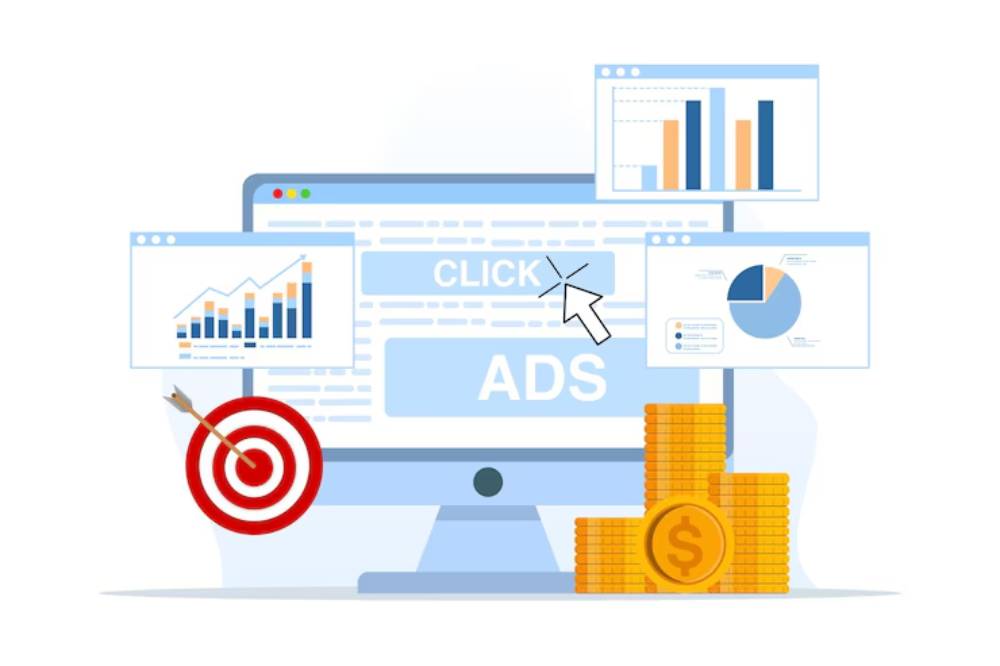
Marketing Your Digital Tools Effectively
Creating a brilliant digital tool is a major achievement. But without smart marketing, even the best product stays hidden.
Promoting digital tools successfully requires a clear plan. You must connect with the right users, at the right time, in the right way.
This guide shows you how to master digital product marketing, boost visibility, and use online tool SEO to grow your audience and sales.
Why Strong Marketing Is Essential
Digital markets are crowded. Users have endless choices.
Good marketing:
- Grabs attention fast
- Builds trust quickly
- Converts visitors into loyal users
- Drives sustainable growth
Without it, great products get buried.
Understand Your Target Audience Deeply
Before marketing anything, you must know who you are talking to.
Questions to define your audience:
- What problems are they trying to solve?
- Where do they spend time online?
- What words or phrases do they use when searching?
- What motivates them to buy or subscribe?
Clear user profiles shape every smart marketing move.
Build a High-Converting Landing Page
Your landing page sells your tool — often before users even try it.
Essentials for a strong landing page:
- A clear headline showing benefits, not features
- A short, sharp explanation of how the tool works
- Eye-catching visuals or demo videos
- Clear calls-to-action (e.g., “Try Free” or “Download Now”)
- Testimonials, reviews, or user logos for social proof
- Pricing information (if relevant)
Make it fast, friendly, and focused.
Optimise for Online Tool SEO

Search engine optimisation puts your tool in front of users organically.
Basic SEO steps:
- Research keywords users would type to find your tool
- Use those keywords naturally in your titles, headings, and descriptions
- Optimise images with descriptive file names and alt text
- Speed up your site (loading time affects rankings)
- Create backlinks from relevant blogs, directories, and partner sites
Good online tool SEO builds steady, free traffic over time.
Offer a Free Trial or Freemium Version
Trying before buying lowers barriers massively.
Tips for free offers:
- Allow enough features to show real value
- Set time limits (e.g., 7-day or 14-day trials) to create urgency
- Make upgrading easy and seamless
A good free experience turns browsers into buyers.
Leverage Content Marketing

Content builds trust before a sale ever happens.
Smart content ideas:
- Blog posts solving problems your tool addresses
- Case studies showing real-world results
- Tutorial videos or “how-to” guides
- Infographics summarising benefits
Content boosts both SEO and brand authority.
Use Email Marketing to Build Relationships
Email is still one of the highest-converting channels.
How to use email effectively:
- Offer a valuable lead magnet (e.g., free template, checklist)
- Send welcome sequences explaining benefits and features
- Share regular tips, updates, and success stories
- Promote special offers or new features through targeted campaigns
Email nurtures users over time — not just during launches.
Promote Through Social Media
Meet your audience where they already spend time.
Top platforms for promoting digital tools:
- LinkedIn: Best for B2B tools and professional audiences
- Twitter: Good for tech communities and fast updates
- Facebook: Useful for groups, ads, and community building
- Instagram: Great for visual storytelling and user testimonials
Be consistent. Engage honestly. Share real value — not just ads.
Collect and Share Testimonials Early
Social proof drives trust fast.
Ways to gather testimonials:
- Invite early users to share feedback
- Offer small incentives for reviews
- Feature real quotes on your website, landing pages, and ads
Show real people winning with your tool.
Run Targeted Paid Ads

Ads can amplify good marketing — if used wisely.
Tips for paid campaigns:
- Target narrow, specific audiences based on need and behaviour
- Use retargeting ads to bring back visitors who left
- Start with small budgets and scale what works
- Focus on one clear goal per ad (e.g., trial sign-up or demo booking)
Track every ad’s performance closely to avoid wasting budget.
Build Strategic Partnerships
Partnerships expand your reach without huge costs.
Good partnership options:
- Guest blog swaps with relevant sites
- Joint webinars or live events
- Affiliate marketing programmes with influencers or creators
- Integration partnerships with complementary tools
Choose partners with audiences who need your solution.
Monitor and Optimise Everything
Great marketers always measure.
Track:
- Website traffic and bounce rates
- Free trial sign-ups and conversion rates
- Email open and click rates
- Paid ad performance
- User feedback and churn reasons
Use simple tools like Google Analytics, Hotjar, Mailchimp, and HubSpot. Data tells you where to double down — and where to fix leaks.
Common Digital Product Marketing Mistakes to Avoid
- Talking too much about features instead of solving problems
- Ignoring mobile users when designing sites and emails
- Focusing only on selling instead of building relationships
- Forgetting SEO basics when publishing content
- Launching ads without clear goals or tracking plans
Focus on users’ needs first. Everything else flows better from there.
Quick Checklist for Promoting Digital Tools Effectively
- Is your landing page clear, fast, and benefits-focused?
- Have you optimised for SEO with the right keywords?
- Is there a strong free trial or free version available?
- Are you creating content that helps and educates?
- Have you built an email list and nurture sequence?
- Are you engaging consistently on the right social platforms?
- Do you have early testimonials or user success stories?
- Are you testing and optimising ads carefully?
- Have you explored strategic partnership opportunities?
- Are you tracking everything with simple, effective tools?
Ticking these boxes sets your digital tool up for lasting success.
Great Tools Deserve Great Marketing
Building a brilliant product is not enough. Promoting digital tools smartly ensures users actually find, trust, and adopt them.
Strong digital product marketing combines clear messaging, authentic engagement, and smart online tool SEO. Together, they turn downloads into loyal fans — and fans into brand ambassadors.
Focus on user needs. Build real relationships. Improve every week.
That’s how digital tools grow and win in today’s market.


